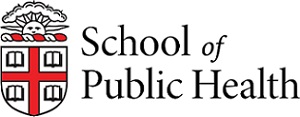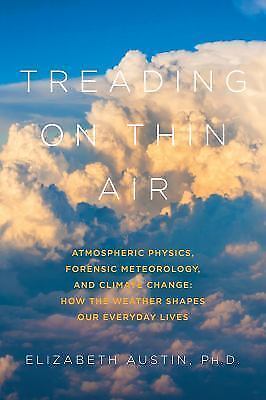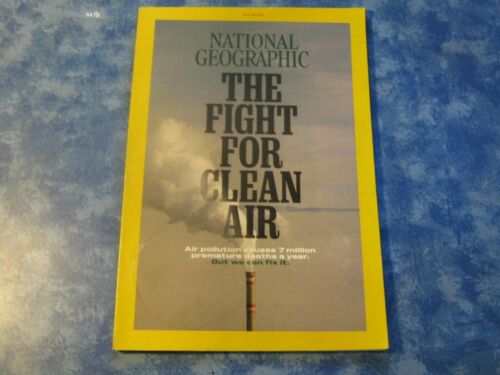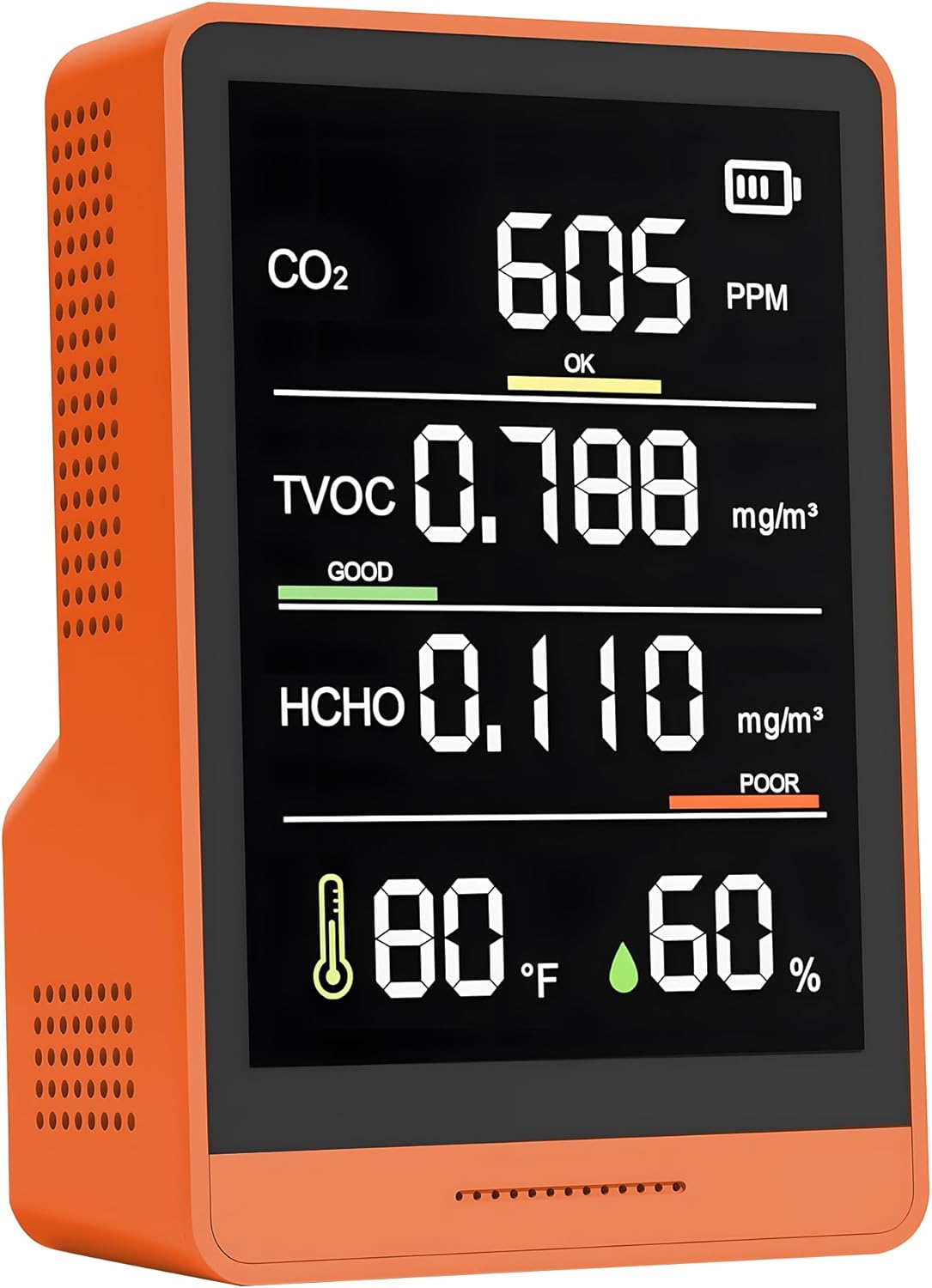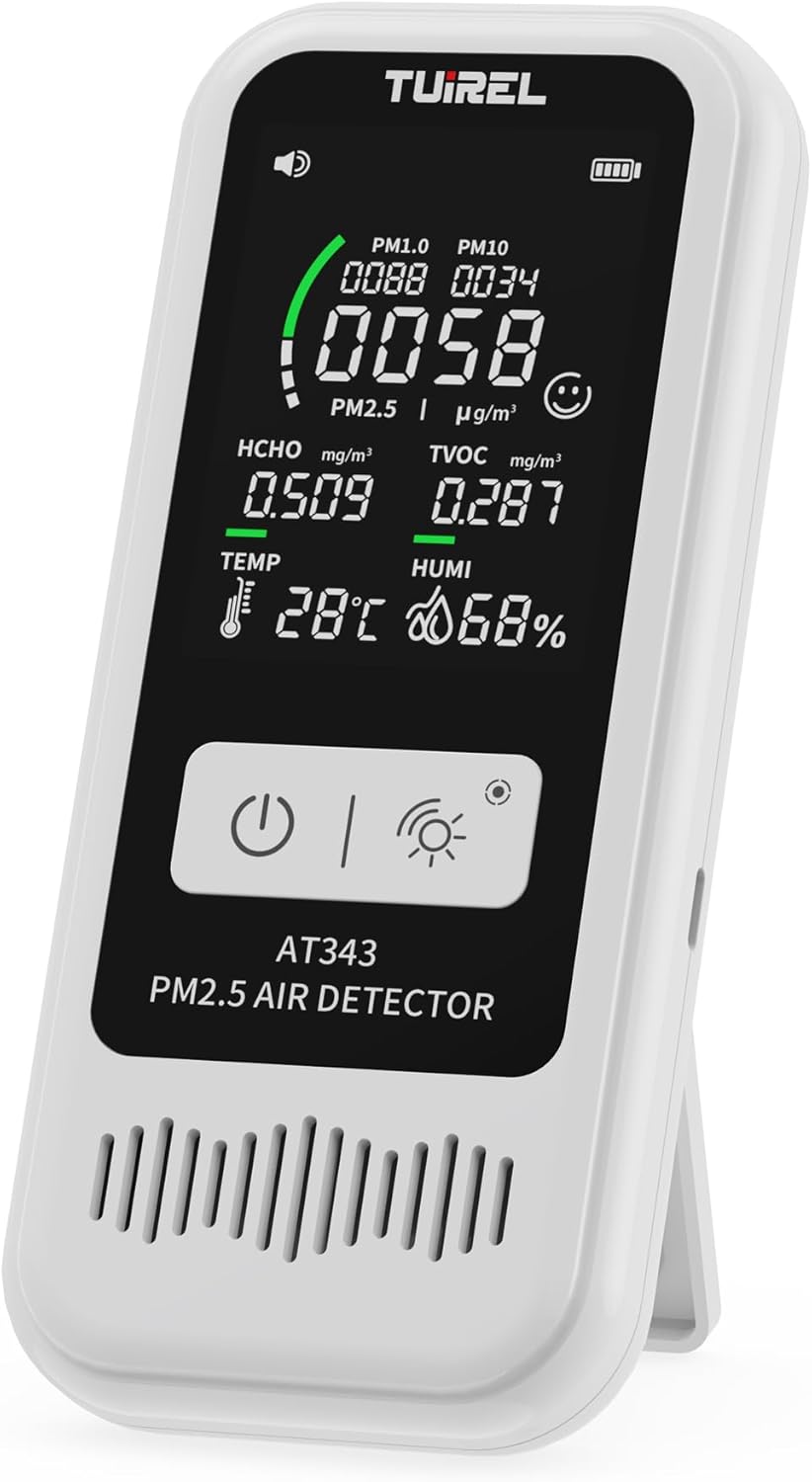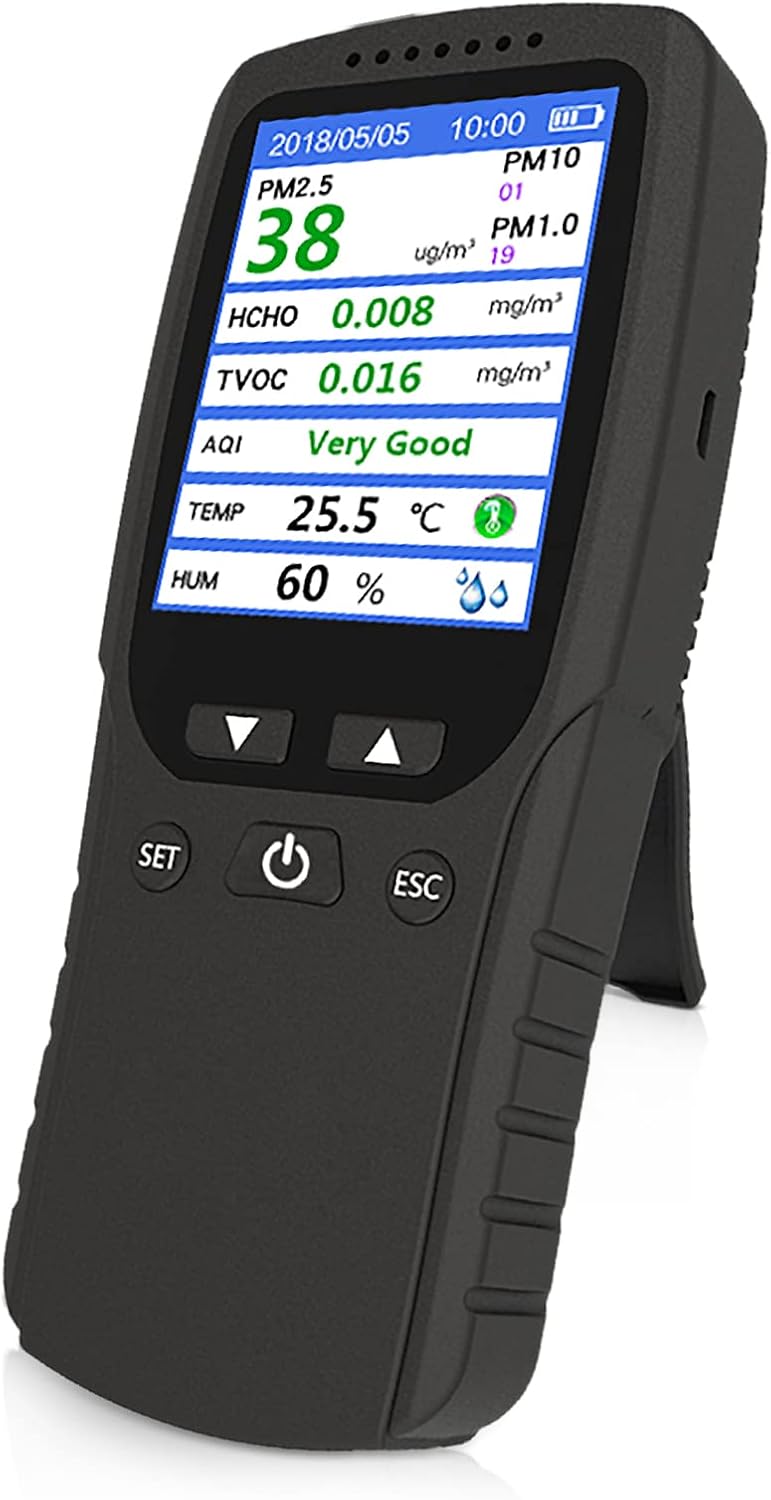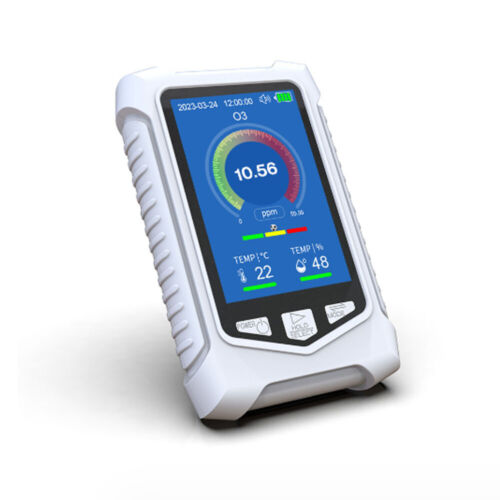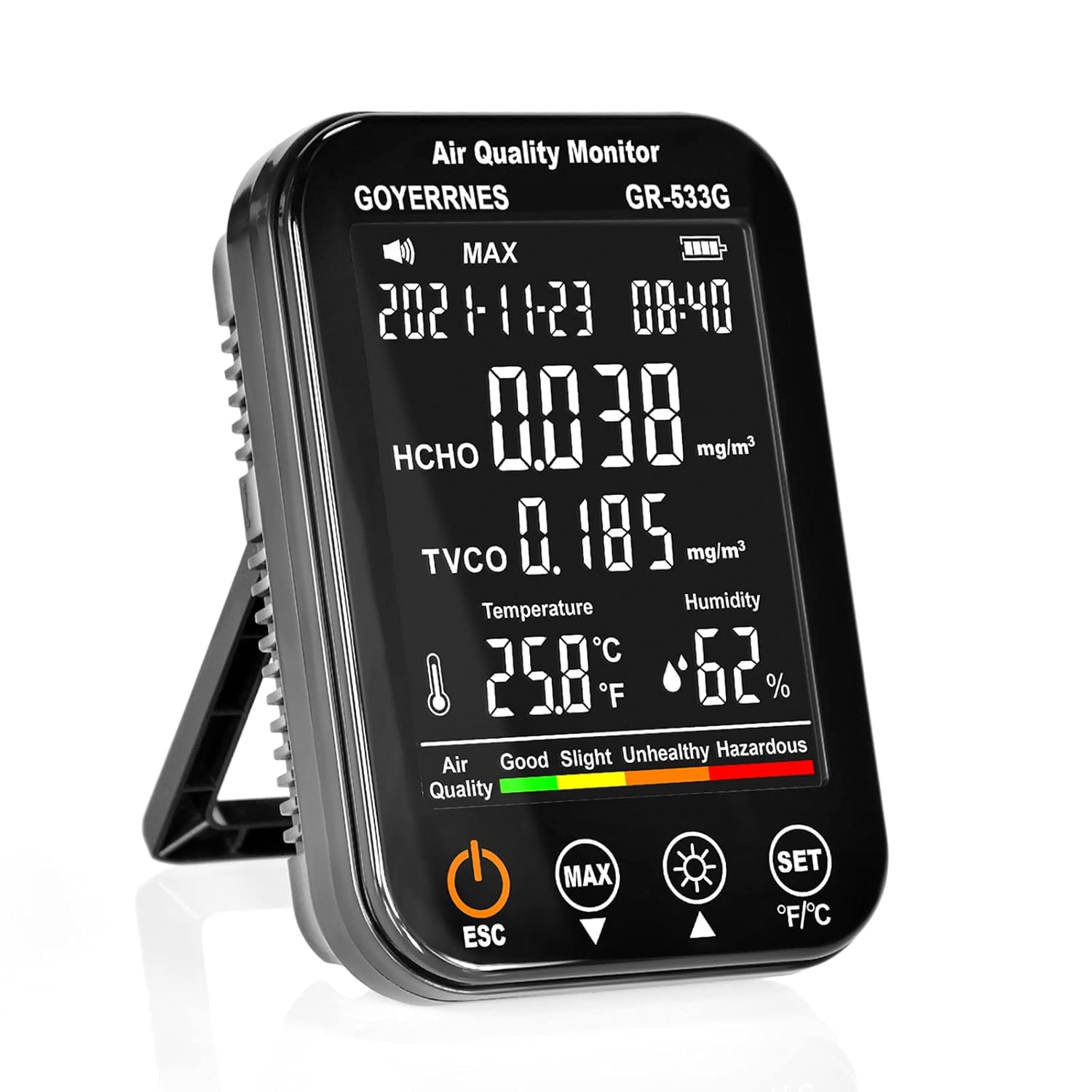PROVIDENCE – Air pollution can have major effects on the pace of marathon runners, according to a recent study from Brown University’s School of Public Health.
The study assessed more than 2.5 million runners participating in nine major marathons, including the Boston Marathon, from 2003 to 2019.
The concentration of air pollution is measured in micrograms per cubic meter of air. Results showed that every increase of a single microgram per cubic meter of air on race day was associated with 32-second slower average finish times among men and 25-second slower average finish times among women. Faster runners felt the effects even more.
The difference in finish times may seem small, but every second is crucial for marathon runners looking to set a personal record, said Elvira Fleury, who led the research while enrolled as a graduate student at Brown.
“Think of all the effort, time and money that a professional runner like Eliud Kipchoge put into trying to break the world record and run a marathon in less than two hours,” Fleury said. “Runners at that level are thinking about their gear, their nutrition, their training, the course, even the weather. Our results show that those interested in optimizing athletic performance should consider the effect of air pollution, as well.”
The researchers got finish times for all race participants from public marathon data. They combined that information with data from a statistical model created by Allan Just, an associate professor of epidemiology and environment and society at Brown, which showed the amount of fine particulate matter in the air at different points along the marathon routes.
“This really sophisticated spatial-temporal model of particulate matter allowed us to plot pollution at every mile of every course,” Fleury said. “Without a model like this, it wouldn’t have been possible to look at so many different marathons in different states across different years.”
The findings don’t just apply to marathon runners, but also to everyone living with air pollution, said study author Joseph Braun, a professor of epidemiology at Brown’s School of Public Health.
“People who can complete a marathon are generally quite healthy, and we can assume they have honed their cardiorespiratory fitness,” Braun said. “This study revealed a negative impact from air pollution, even at levels below current health-based standards, on these very healthy people. This means that air pollution can be a health risk not just for those who are elderly or susceptible; it can negatively affect even the most healthy and well-trained among us.”
The study was published in the journal Sports Medicine. Previous studies have shown that daily changes in air pollution are linked with death, heart and lung disease. Chronic exposure to air pollution is also associated with lung cancer, as well as heart disease and premature death.
The researchers said that pollution’s effect on marathon performance could be attributed to increased blood pressure, constricted blood vessels, reduced lung function, respiratory discomfort or even short-term cognitive issues.
Fine particulate matter means pollution particles in the air smaller than 2.5 microns in diameter, which are generated by forest fires, agricultural waste burning and inefficient fuel combustion, as well as vehicle emissions, energy generation, industrial activities and fertilizer use.
The researchers suggested that efforts to reduce pollution by regulating power generation, industry and transportation should continue because they improve overall health and can benefit athletic performance.
Katie Castellani is a PBN staff writer. You may contact her at Castellani@PBN.com.
A recent study conducted by Brown University has revealed that air pollution can significantly slow down marathon runners. The study, which analyzed data from multiple marathons held in highly polluted areas, found that runners exposed to high levels of air pollution performed worse compared to those in cleaner environments.
The researchers found that runners exposed to higher levels of pollutants such as particulate matter and ozone experienced decreased lung function, increased inflammation, and higher levels of fatigue during the race. This ultimately led to slower race times and decreased performance overall.
These findings highlight the importance of considering air quality when planning and participating in outdoor athletic events, especially for endurance athletes like marathon runners. It also underscores the urgent need for cities and event organizers to take steps to reduce air pollution and protect the health and performance of athletes.
As we continue to grapple with the impacts of air pollution on our health and well-being, it is crucial to prioritize clean air initiatives to ensure athletes can compete at their best and stay safe while doing so.
Tags:
- Brown study
- Air pollution
- Marathon runners
- Impact of air pollution on runners
- Health effects of air pollution on athletes
- Brown University research on marathon runners
- Air quality and athletic performance
- Environmental factors in marathon running
- Pollution effects on endurance athletes
- Tips for running in polluted areas
#Brown #study #shows #air #pollution #slows #marathon #runners
